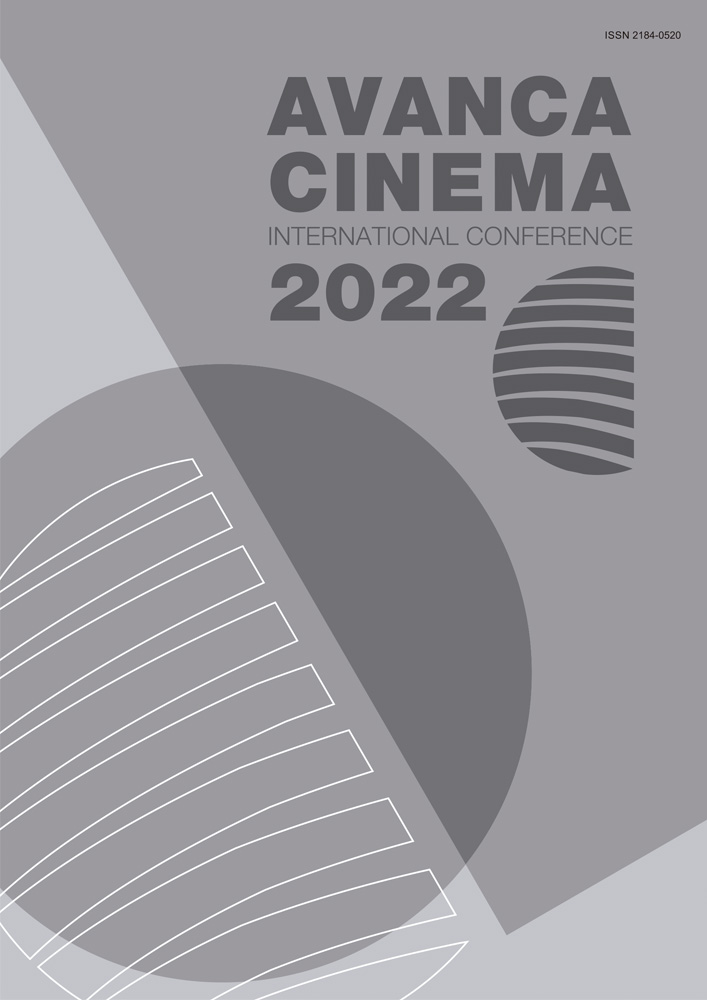Chapter IV _ Cinema - Technology
Raising awareness and teaching accessibility: a didactic experiment in the audiovisual translation classroom based on audio description
Abstract
Audiovisual accessibility is considered a field of specialisation within audiovisual translation which has become, since the beginning of the 21st century, one of the most interesting and promising fields in both academic and professional terms Pereira and Lorenzo, 2021; Permuy, 2021; Sanz, 2017. Audio describers must nurture creativity, social sensitivity, disability awareness, fluency in their own language and culture, and an understanding of visual semiotics, among other competences Díaz-Cintas, 2007; Navarrete, 1997. In order to enhance students’ motivation and comprehension of the necessity to deepen this practice, a three-stage educational experiment was carried out in the Audiovisual Translation classroom. First, a short film was played without images. Then, students watched the whole video. After each projection, they listed the details of the story that they had perceived or failed to understand. By doing so, they would be able to highlight the information conveyed through the visual channel, which may therefore be imperceptible for visually impaired audiences. Finally, based on their own responses, the learners performed the audiodescription task. The present study shows the results obtained from the aforementioned learning experience, in terms of the acquisition of specific skills and the awareness on the importance of accessibility in today’s film industry.
References

This work is licensed under a Creative Commons Attribution 4.0 International License.

